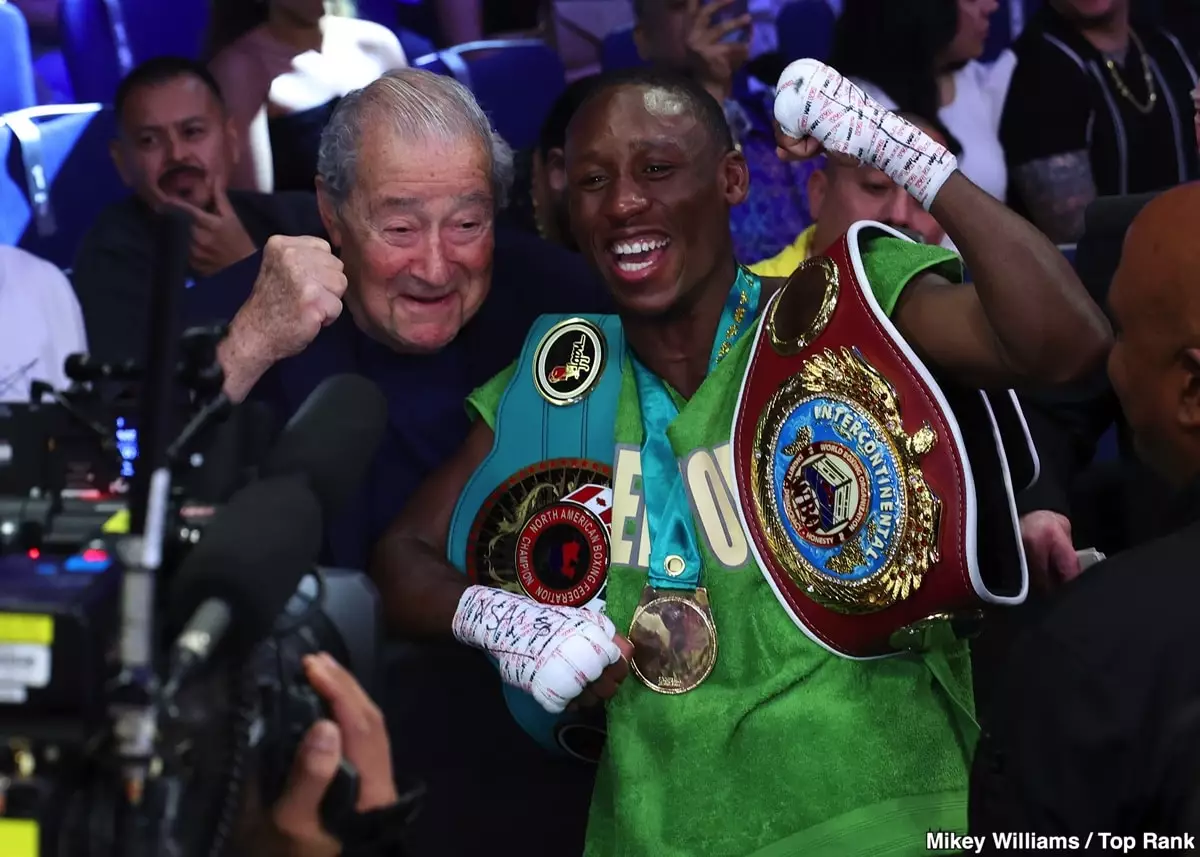In the world of boxing, the buzz often centers on fighters’ credentials, titles, and glamour bouts—yet beneath the surface lies a troubling pattern of avoidance and self-preservation that diminishes the sport’s integrity. Bruce Carrington’s criticism of Nick Ball’s reluctance to face legitimate contenders exposes a deeper issue: fighters and their teams sometimes prioritize protecting their belts over the fierce pursuit of true greatness. The sport’s reputation suffers when champions prefer easier defenses or lesser-caliber opponents, rather than pushing their limits against the best. This behavior erodes fan trust and diminishes the value of a championship belt, turning what should be a pinnacle of achievement into a mere stepping stone for easy defenses.
Carrington’s perspective reveals that the desire for meaningful competition is often sidelined. His insistence that he is ready and eager to face Nick Ball shows a stark contrast to what many champions practice—ducking. When a champion like Ball opts to defend against seasoned veterans in their late 30s, instead of challenging a rising contender, it sends a message: titles are being hoarded, not earned. The frustration from fighters like Carrington stems from years of witnessing such complacency, which ultimately weakens the sport’s competitive spirit.
The Significance of Authentic Matchups for the Sport’s Future
Boxing’s appeal hinges on unpredictable, high-stakes matchups that test the fighters’ true grit. When fighters avoid their peers or decline meaningful opportunities, it hinders the sport’s evolution. Carrington’s call-out of Ball’s rejection of a fair offer underscores a vital point: the real thrill of boxing lies in uncharted rivalries and the pursuit of legitimacy through challenging fights. Fans crave to see their heroes tested, not coddled. When champions dodge these opportunities, they inadvertently prioritize their short-term financial gains over their legacy.
Moreover, the reluctance of champions to face worthy rivals reveals a lack of confidence or a fear of losing their titles in the ring. This guarded approach compromises the very essence of sports competition, making titles seem more like possessions than symbols of mastery. For Carrington, fighting Nick Ball isn’t just about securing a belt; it’s about establishing supremacy in the division. When the fight doesn’t materialize, it leaves a void—questioning whether the belt is a symbol of skill or simply a badge of convenience for the holder.
What Boxing Needs to Reclaim Its Glory
To revive boxing’s appeal, the culture surrounding title defenses must shift toward valuing legitimacy over superficial stardom. Fighters should be encouraged—both culturally and practically—to seek out the best, not the easiest, opponents. The sport needs a system where top contenders are incentivized to challenge each other, rather than sidestepping conflicts that might threaten their current status. Only through genuine competition can boxing reclaim its crown as a grueling, unpredictable, and emotionally charged sport.
Carrington’s frustration isn’t just personal; it’s a plea from the next generation of fighters and fans demanding authenticity. If champions like Nick Ball continue to prioritize convenience over competition, boxing risks becoming a shadow of its historic self, where titles are merely paper necklaces rather than symbols of true mastery. The future of the sport depends on champions willing to embrace the challenge, not avoid it, to ensure boxing remains a spectacle of resilience, skill, and unyielding spirit.

